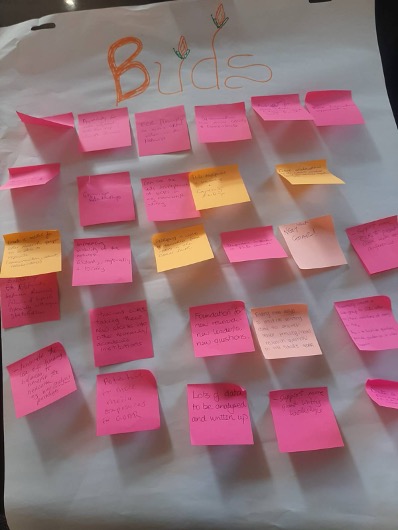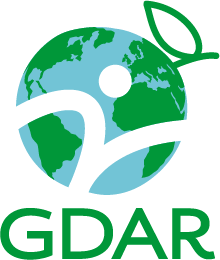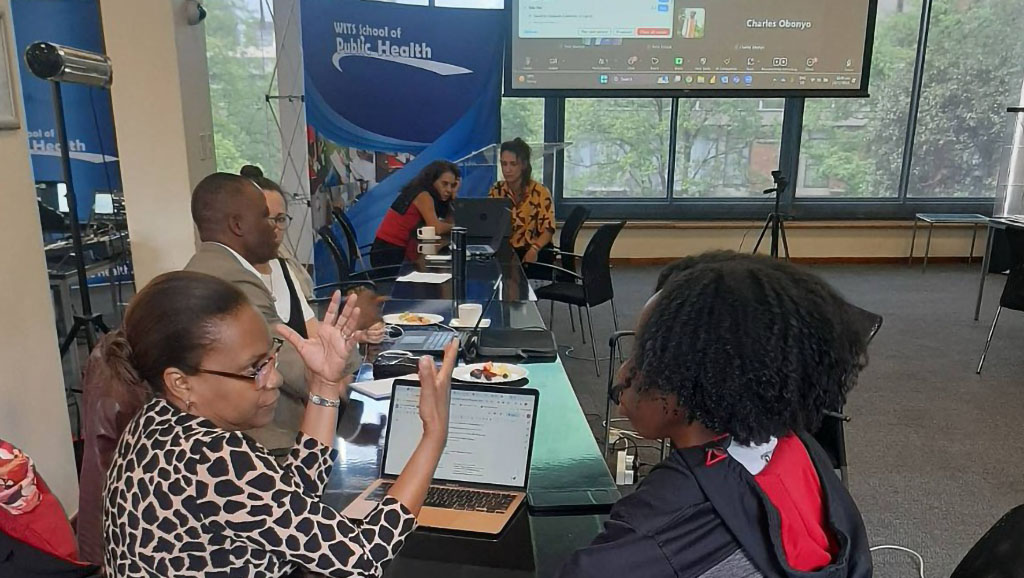In November we convened our Annual Network Meeting in Johannesburg, hosted by the SAMRC/Wits Centre for Health Economics and Decision Science (PRICELESS SA) at the University of the Witwatersrand. This was our 7th annual meeting as a network. We brought together our research partners from Brazil, Cameroon, Jamaica, Kenya, Nigeria, South Africa, and the United Kingdom to explore the critical topics of urban health, physical activity, diet, and climate change. See day one and day two reflections.
A year of improvements and challenges
The third day shifted focus to internal network structure and career development activities, with our question of the day being “What are the improvements, and challenges faced in the last year and how can we learn from them?” First, ECRs and PIs participated in speed networking sessions to discuss CVs and personal development goals. Across the board ECRs mentioned the valuable work of Feyi Wayas (University of Cape Town) and Alafia T. Samuels (GDAR co-director, University of West Indies) in leading the GDAR ECR/training group which provides a space to learn new skills and take on new opportunities.

Maylene Shung-King (University of Cape Town) then led us in a design thinking workshop called Rose, Bud and Thorn to consider the improvements and challenges faced in the last year and how we can learn from them. Roses are understood as the achievements beautifully completed, buds are ongoing efforts that are making progress on becoming the next roses, and thorns are those difficult aspects that have to be tackled. Themes included relationships, teams, the network, research, and impact. For example, under relationships, the energy of the ECRs, and ECRs growing and taking on more leadership roles, were described as roses, navigating personalities and not all voices being heard were thorns, and cross-network relationships between ECRs and PIs are buds. This session was followed by an independent assessment of the network’s strengths, limitations, and future directions led by Dr. Inka Barnett from the Institute of Development Studies.
Felix Assah (University of Yaoundé I) closed the day, declaring that GDAR has “a clean bill of health” with a solid foundation for growth and plenty of lessons learnt.

